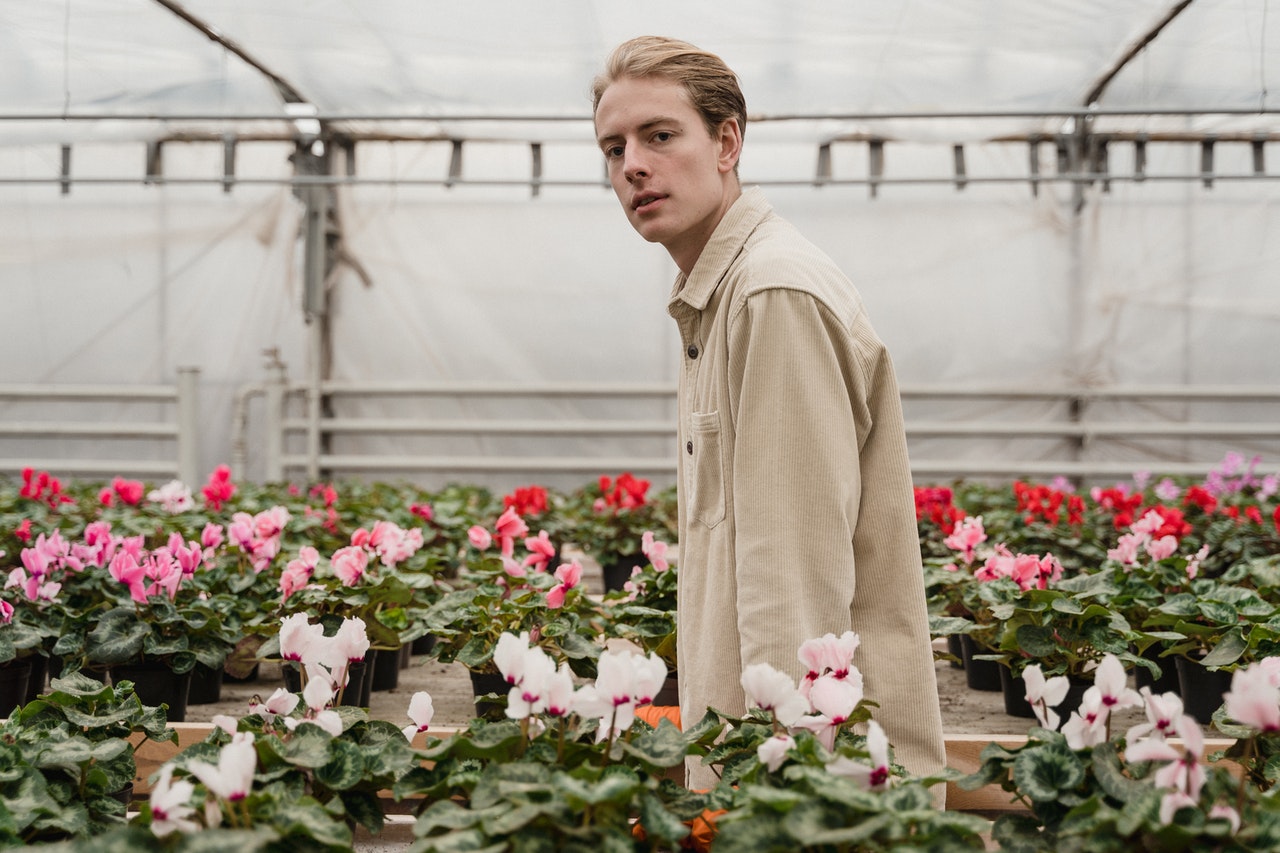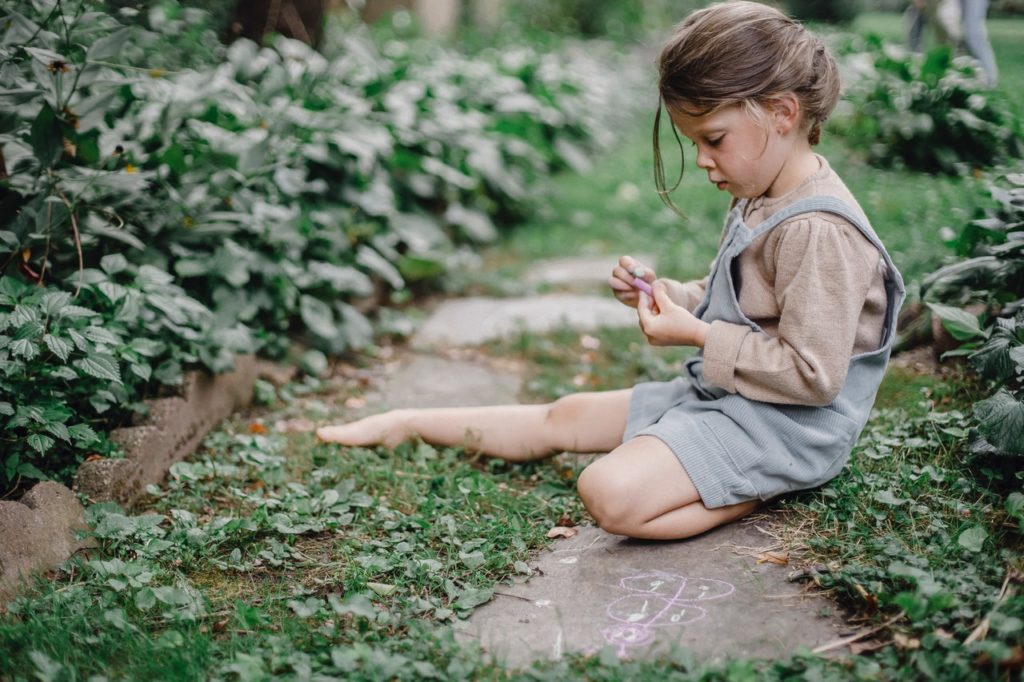People are finding new ways to embrace nature. After almost a year of being cooped up at homes, they now look to establish a better connection outside. There has been an increase in demand for outdoor spaces.
Green spaces can offer a silent sanctuary. They provide comfort and solace to people who are stressed and anxious, especially during these trying times. The biggest problem, however, is that these are becoming more and more scarce.
A Patch of Greenery
It’s been observed that one in eight households in the UK has no access to private or shared gardens. This is all the more true for residents who live within the city. Countless buildings stand in areas that could have been occupied by open fields of grass, flowers, and trees.
Fortunately, people who have spent most of the lockdown inside their own flats have found new ways to bring the greenery to their doorstep. Whether you have limited spaces or vast lands, here are some of the trends on how to start your own garden.
Balcony Gardening
For many residents, the balcony is often set as an outdoor area for lounging. Perfect for morning coffees, afternoon reading, and looking up at the night sky. More than that, it’s also the right place for plants to grow since they’ll be exposed to the right amount of elements.
You could consider turning this functional space into your own little oasis. Try putting some low maintenance plants like snake plants or eucalyptus. Mixing it up with some jasmine and lavenders will also make it feel much more natural.
Windowsill Gardening
If you feel like you don’t have enough space outside, you can still put a little greenery indoors. A garden by the windowsill is the perfect alternative for anybody looking to minimise the space consumption of their plants. For this type of gardening, growing fresh plants that can be used for cooking is ideal.
Not only will it revitalise up your space, but it will also elevate how you prepare your meals. You could try different types of herbs like basil or other greens like kale and spinach. Ensure that a proper window film is installed on your window to ensure that the plants will get the right amount of sunlight.

Tiny Gardens
A limited outdoor space shouldn’t hinder you from creating your own garden. There are plenty of ways for you and your plants to adapt to the situation. For instance, utilising vertical space is an effective trick to make space look and feel bigger.
Vines and climbers will help to bring the outdoors closer to you and your home. You could also opt for raised garden beds. It may limit the number of plants you can have, but it will make it a lot easier to care for them. This also allows you to control your soil better, so plants are sure to be well-nourished.
Cottage Gardens
If you’ve been blessed with an outdoor area that’s more than sufficient, go all out on your garden. Don’t just leave it bare. Plant all sorts of flowers like roses and lilies to achieve that luxurious feel. You could also try your hand at permaculture gardening.
Consider planting annual vegetables that can easily be harvested, like tomatoes and peppers. Add plenty of flowers and greens to surround them for a more organic aesthetic. You could even keep maintenance to a minimum. Let wildflowers grow will also allow some of the wildlife to thrive like bees.
Purposeful Gardening
When creating a garden, it’s just as important to note innovative designs that will elevate your spaces. More than just for beautification, gardens are also able to significantly impact your overall wellness and disposition.
Gone are the days when gardens used to be overlooked and filled with static plants. Now, people are more inclined to take care of plants with a purpose. This is why the trend of planting fresh herbs, vegetables, edible flowers, and even fruit trees has been on the rise.
With work-from-home arrangements becoming more common, professionals can also utilise their green spaces as an alternative for their home offices. Not only does it provide an exciting background for virtual meetings, but the sight of vibrant plants also helps to improve their productivity.
Native plants have also become more popular in residential gardens. Unlike many invasive and exotic species, native plants attract much urban wildlife like birds and pollinators. This promotes a sense of awareness and sustainability, especially during a climate crisis. If you’re still unsure why you should start a garden, these reasons should be more than enough to encourage you.
